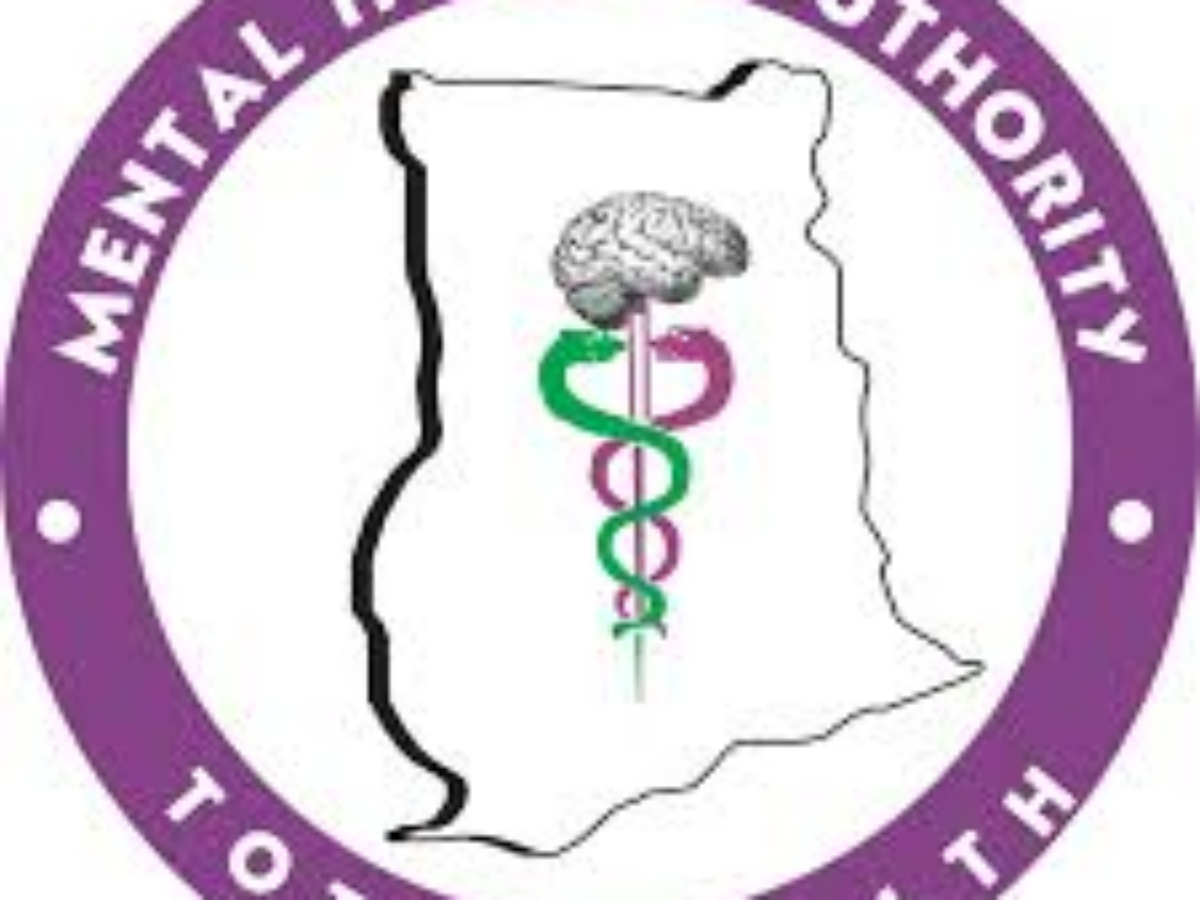By Stanley Kwabla Arku
The Mental Health Authority of Ghana has joined the global community in observing World Suicide Prevention Day today, amidst a growing national concern about the alarming increase in suicide cases. This year, the observance comes at a critical time, as the country has recorded a disturbing surge in both attempted and completed suicides during the first half of 2024.

According to MHA, data from Ghana’s district health information management systems show that between January and June 2024, the country reported 543 attempted suicides and 81 completed suicides. These numbers already surpass the total number of suicide cases recorded in 2023, when 594 attempts and 48 completed suicides were documented. This steep rise, especially in completed suicides, underscores the need for urgent action to address the mental health challenges facing many Ghanaians, particularly young people aged 15-29, who are disproportionately affected by suicide worldwide.
The regions most affected by suicide in the first half of 2024 include the Greater Accra, Eastern, and Central regions, with the highest number of suicide attempts recorded in these areas. Greater Accra also saw the largest number of completed suicides, raising concerns about the growing mental health crisis in the nation’s capital and other major regions.
This year’s World Suicide Prevention Day is themed “Changing the Narrative,” a call to action that encourages individuals and communities to initiate conversations about suicide in everyday spaces such as homes, schools, offices, and markets. The goal is to break the silence and stigma surrounding suicidal thoughts, behaviors, and deaths. For many years, discussing suicide has been fraught with discomfort and misunderstanding, perpetuating harmful myths such as the belief that talking about suicide may increase its occurrence. However, mental health experts have long debunked this myth, asserting that open dialogue about suicide can actually help save lives.

Children and adolescents are particularly vulnerable, and recent studies in Ghana have highlighted the prevalence of suicidal behaviors among students. A study by Azasu and Joe in 2023 revealed that 20.4% of junior and senior high school students reported having suicidal thoughts, 23.4% had planned a suicide attempt, and 28.4% had made an actual attempt. Disturbingly, the prevalence of suicidal behavior was higher among junior high school students compared to their senior high counterparts.
Several risk factors have been identified as contributing to suicidal behavior, including bullying, abuse (particularly physical and sexual abuse), neglect, substance use, family poverty, adolescent conflict with parents, corporal punishment, and poor academic performance. While not all cases of suicidal ideation in childhood or adolescence lead to actual suicide attempts, these early behaviors are known risk factors for suicidal tendencies in adulthood.

Despite the grim statistics, experts emphasize that suicide is preventable. Encouraging the development of essential social and emotional skills, limiting access to common means of suicide, and providing timely mental health support are critical steps in preventing suicide. Early intervention and education, especially among young people, are vital to ensuring that Ghana does not lose its future generation to suicide.
Read excerpts of press release below:


